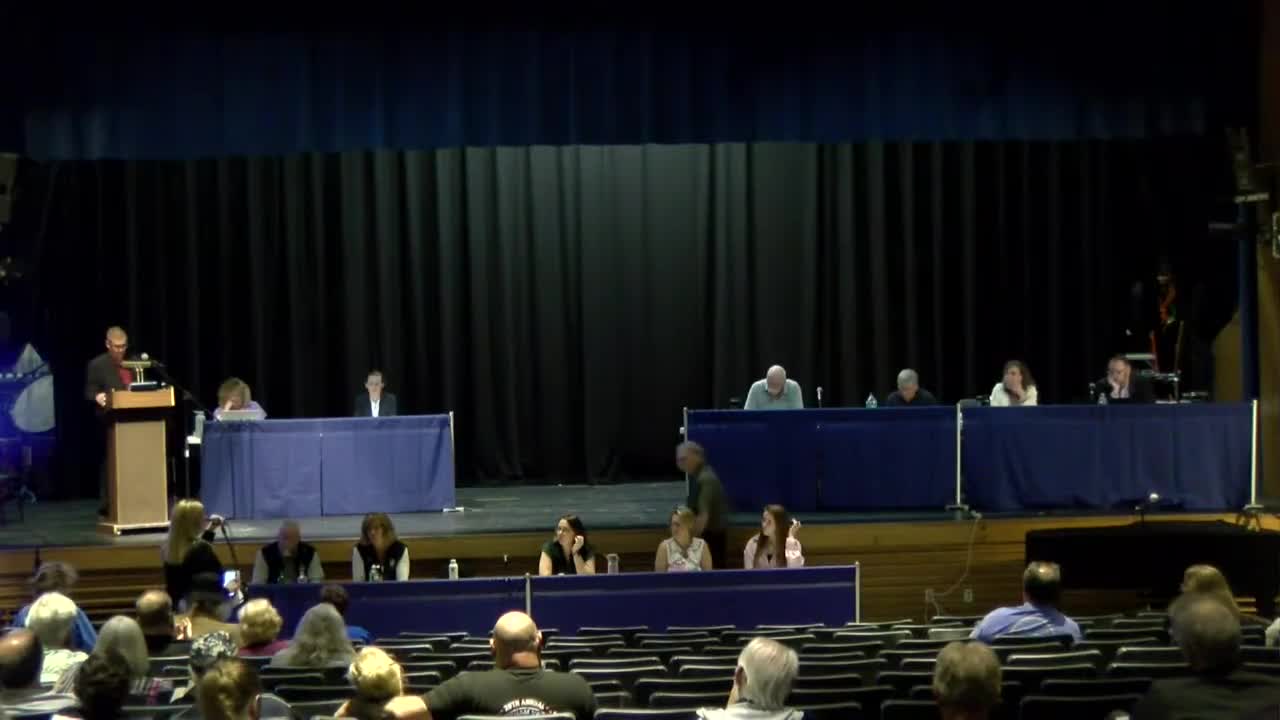Article not found
This article is no longer available. But don't worry—we've gathered other articles that discuss the same topic.
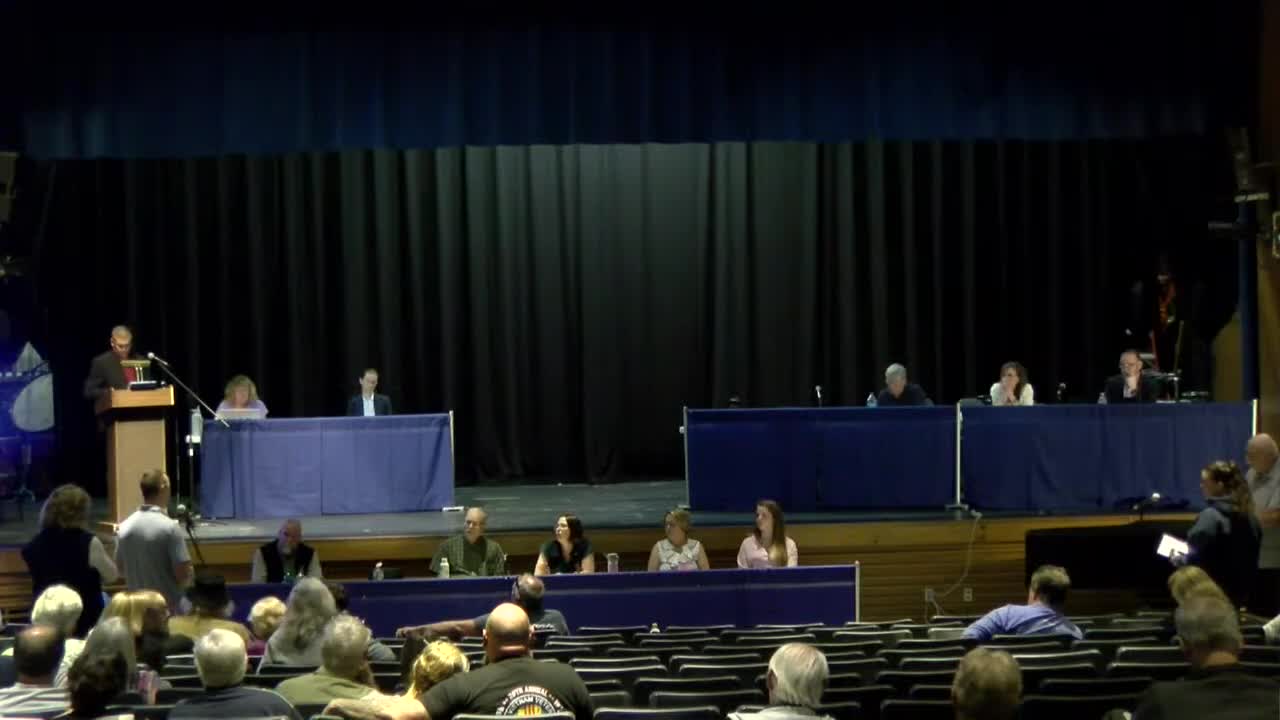
Select Board asks for tanker lease payment from free cash; residents question budgeting practice
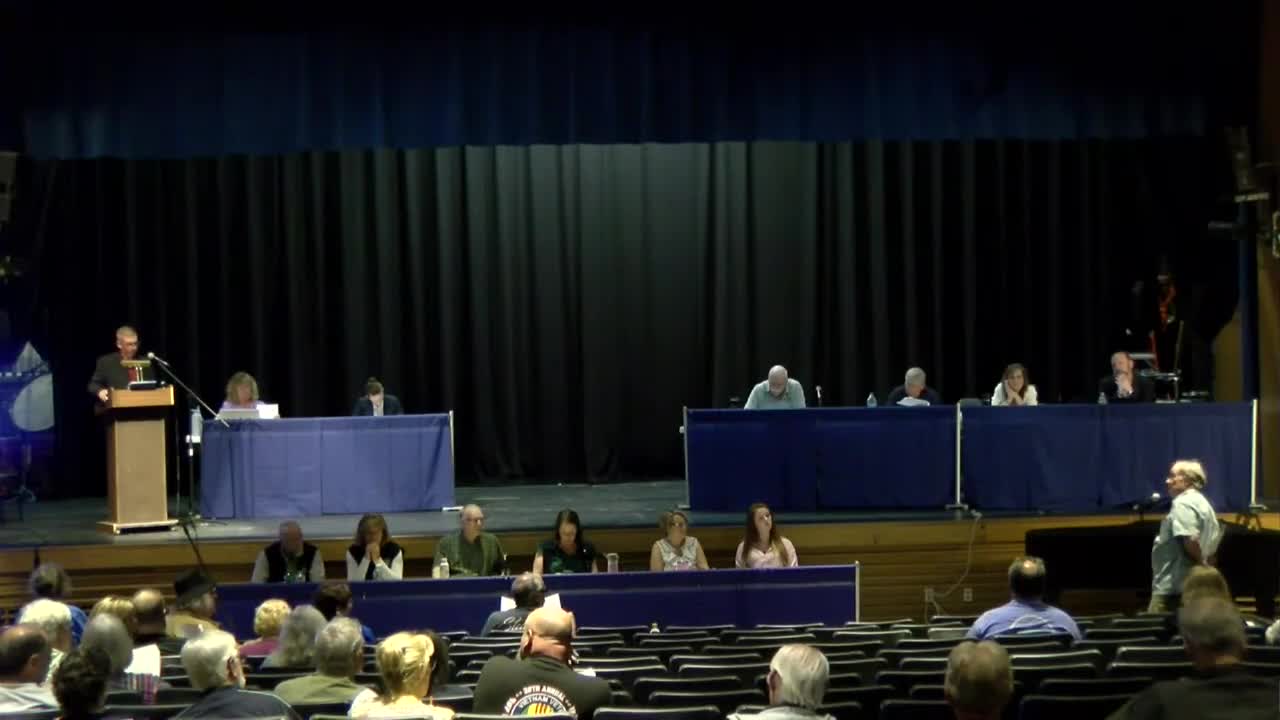
Town exempts municipal administrative buildings from state firearms prohibition; vote draws sharp debate
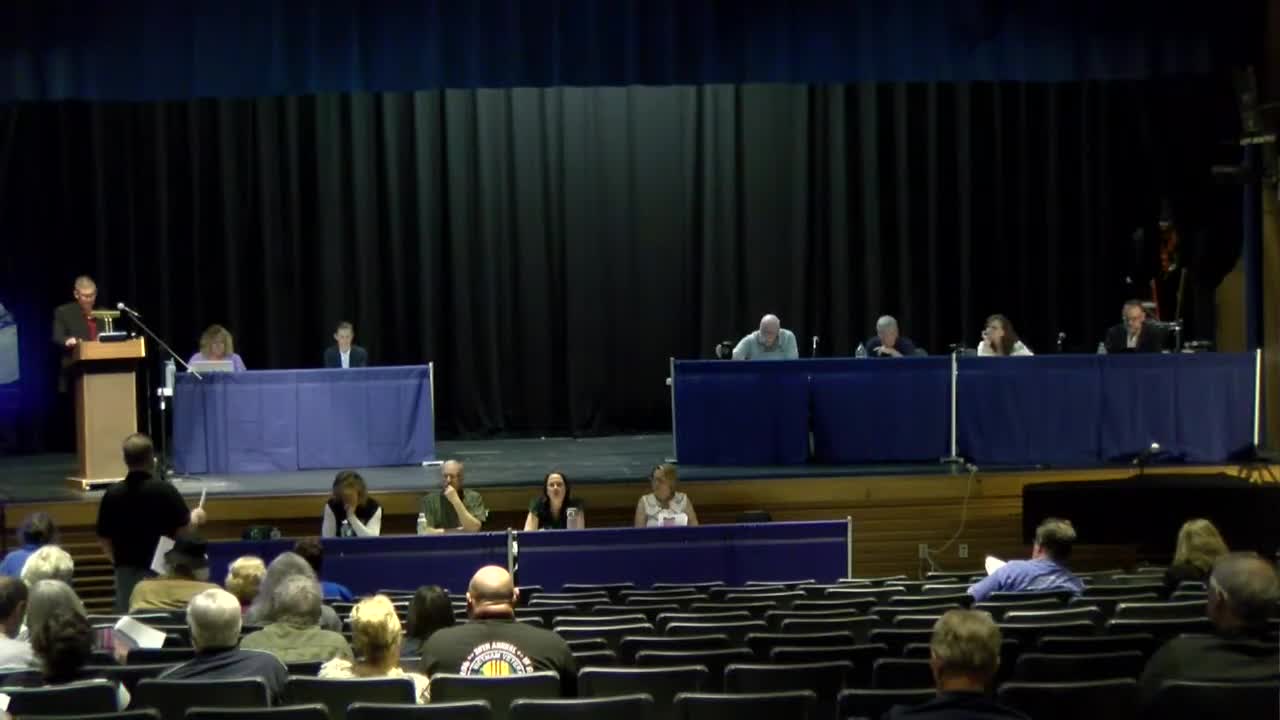
Town approves Norfolk County Agricultural School tuition; transportation funding debated and initially failed then reconsidered
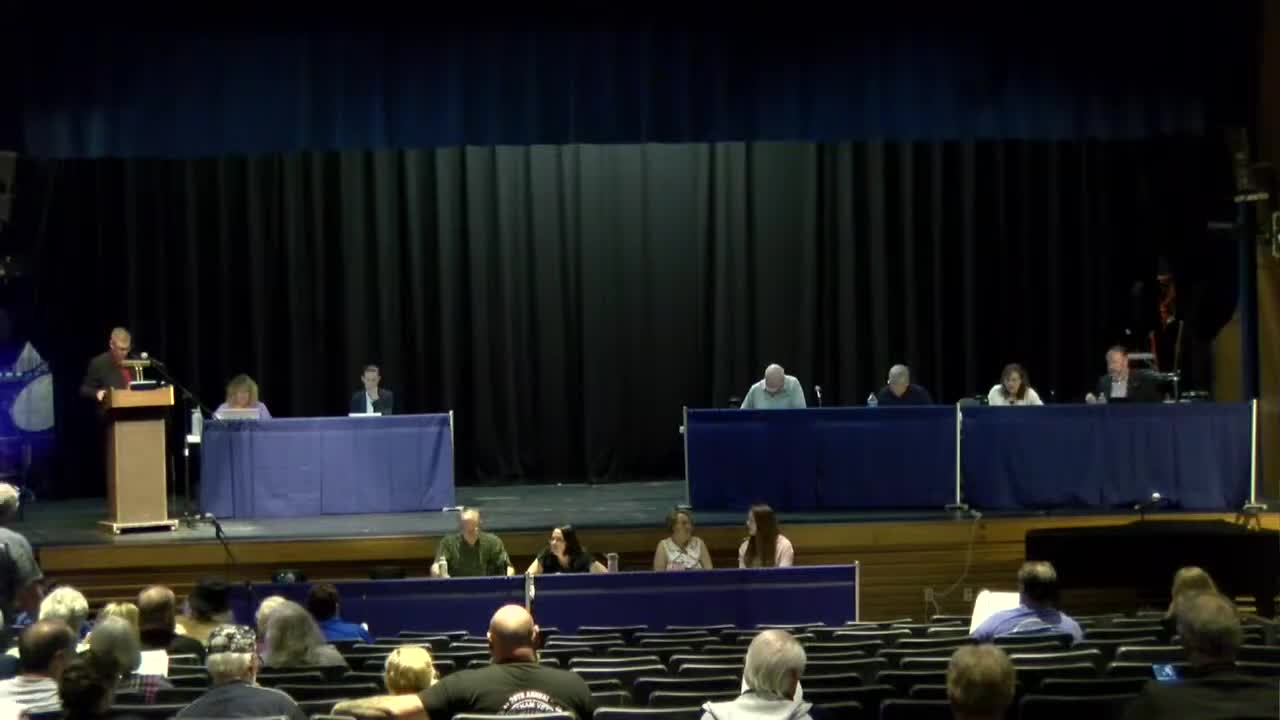
Residents question plan to appraise town easement for developer; article fails
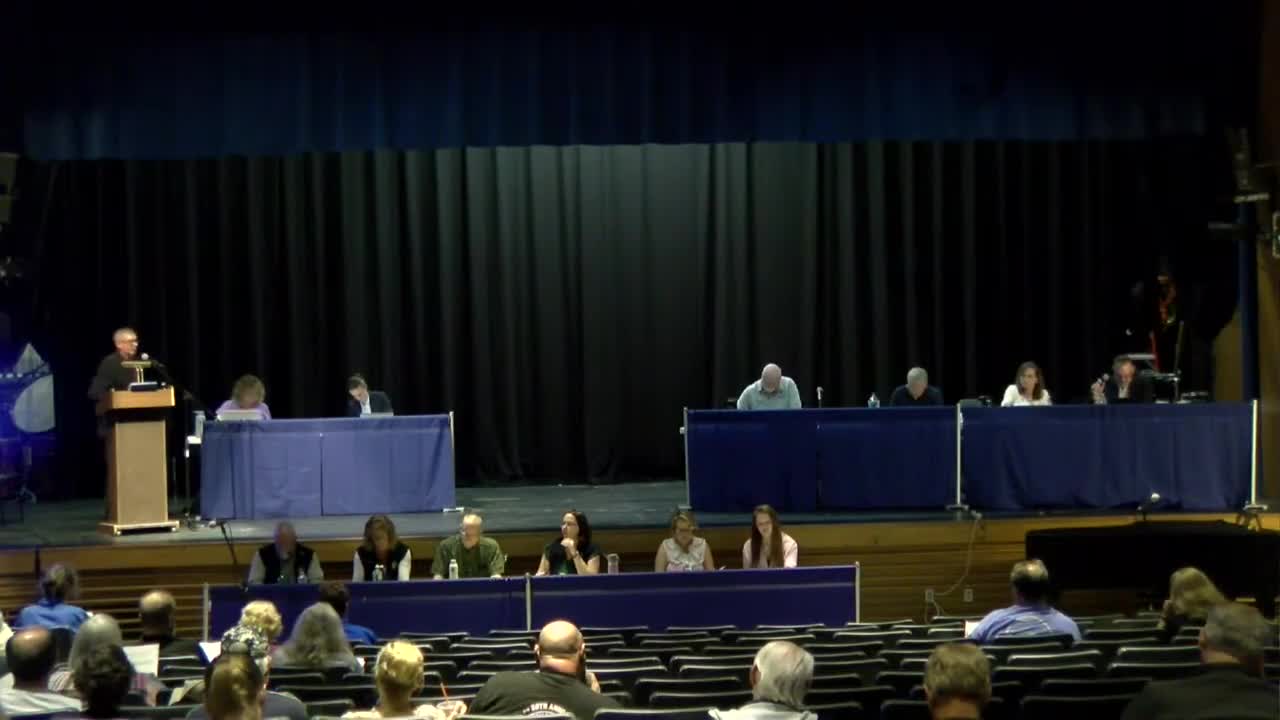
Town Meeting approves $100,000 sewer department supplement as residents press for stronger collections
